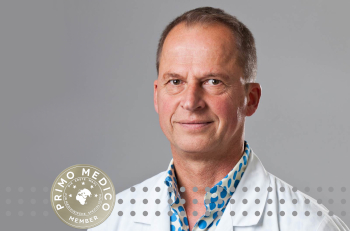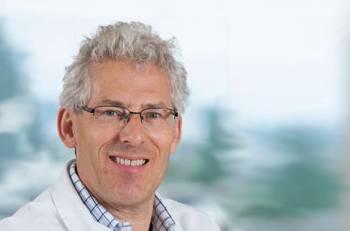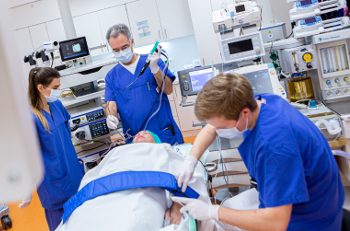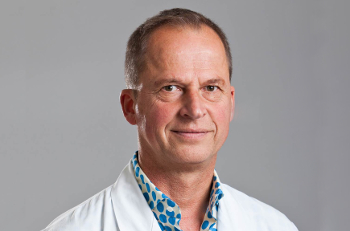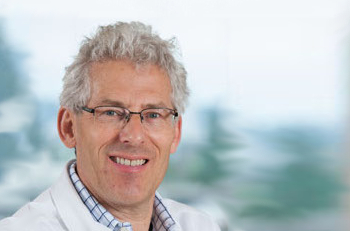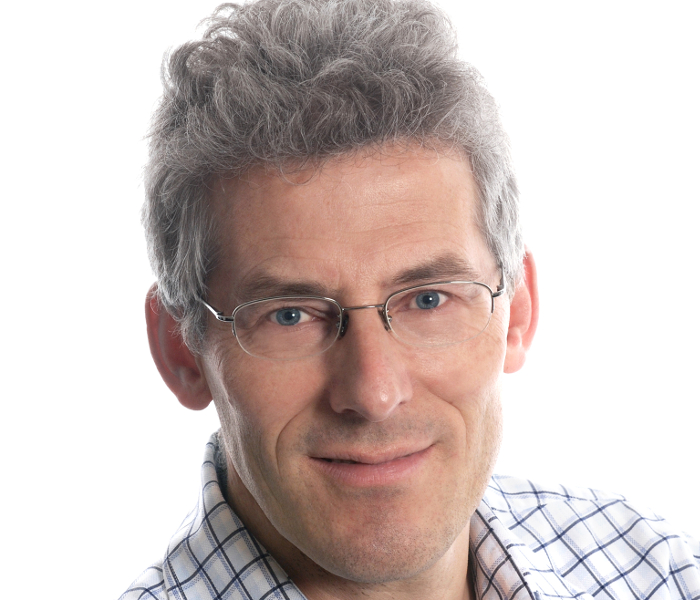Specialists in Pulmonology
1 Specialist found
Information About the Field of Pulmonology
Physiology of the lungs
Like the skin, the lungs and our entire respiratory system are in direct contact with our environment. Every alteration we encounter in everyday life can have an effect on these areas of our body.
The human airways are divided into upper and lower airways. The former include the nasal cavity, pharynx and laryngeal trachea (larynx). The lower airways include the lower respiratory tract (trachea), which branches out to the air sacs (alveoli).
Since these sections are the first point of contact for external pollutants, be it dust, dirt, pollen or pathogens such as bacteria, viruses and fungi, a good defense function is essential there. The guardians of our immune system, lymph nodes, are therefore positioned at various points in the airway; they react quickly and, in the best case, trigger an efficient defense against pathogens. Other pollutants, such as dust, are largely bound by mucus, which is produced in the upper parts of the windpipe and also in the nose, and then transported towards the mouth or nose exit with the help of ciliated cells.
However, the lungs are not only responsible for the primary pathogens and defending against harmful substances. Their main function is gas exchange, and the structure of the pulmonary alveoli is crucial here. The spherical shape of the alveoli provides the largest possible surface area for the exchange of oxygen and carbon dioxide. In addition, the cell walls that compose the alveoli are extremely flat, which means that the path of the gases to the blood vessels behind them is shorter.
The lungs perform respiratory, speech, gas exchange, and pathogen defense functions that, under good conditions, allow our body to interact wonderfully with the environment. However, this is based on an equilibrium that can be disturbed by various factors.
Which diseases are treated in Pulmonary Medicine?
In general, factors such as stress and lifestyle have a huge influence on our immune system and our body's ability to regenerate. Additional pollutants, whether unintentional from fine dust or dust in the workplace, or deliberate from tobacco smoke, upset the equilibrium.
Lung diseases caused by smoking
The most common diseases caused by smoking include chronic obstructive pulmonary disease (COPD), emphysema and, in the worst case, bronchial carcinoma.
Lung diseases caused by infections
Pathogens can also find their way into our breathing apparatus. Harmless cases such as flu infections are as much an issue as pneumonia and dangerous diseases that have to be reported, such as tuberculosis.
Lung problems caused by allergies
Many people struggle with overreactions of the body to substances that are not actually harmful, so-called allergies. These cause various symptoms, from itching and swelling to shortness of breath. Common diseases include chronic bronchial asthma. In addition to drug treatment, modern therapy methods, such as bronchial thermoplastic, help in the treatment of severe asthma cases.
Systemic lung diseases
Diseases that affect various organs in the body can also mean that treatment from a lung specialist becomes necessary. These include hereditary cystic fibrosis, but also the nervous disease amyotrophic lateral sclerosis and sarcoidosis, which is associated with the formation of nodules in various body tissues. Usually the aim of the treatment is to alleviate symptoms and complaints and to improve quality of life.
When do I need to see a Lung Specialist or a Lung Clinic?
Ultimately, it always depends on the severity of the symptoms, and the severity and the threat of the disease as to whether a visit to the doctor makes sense. In the case of minor complaints, a general practitioner (family doctor) will certainly be able to help; if more severe symptoms occur, a referral to a pulmonologist or pneumologist (pulmonologist) may be necessary.
If the lungs affect the circulation, cooperation with an internist (internal medicine) or cardiologist (cardiovascular system) can also be useful, for example in the case of pulmonary hypertension (pulmonary hypertension).
Cancer diseases such as lung cancer are often treated on an interdisciplinary basis, which also means cooperation between oncologists, radiologists and radiotherapists, among others.
Where can I find an experienced Pulmonologist in Germany, Austria or Switzerland?
At PRIMO MEDICO you will find only experienced lung specialists and specialist lung clinics in Germany, Austria and Switzerland. Currently, you can consult a lung doctor in the following cities through us:
- Pneumology Berlin
- Pneumology Munich
- Pneumology Basel
- Pneumology Frankfurt
Medical Articles
Pollenallergie / Heuschnupfen: Prof. Stefan Zielen
Die Pollensaison ist Mitte Mai in vollem Gange. Heuschnupfen kann Allergiker dauerhaft krank machen. Empfehlung vom Medaimun in Frankfurt:…
Belastungsasthma: Prof. Stefan Zielen
Viele Menschen sind betroffen von Asthma / Dyspnoe durch körperliche Anstrengung, also Atemprobleme nach dem Sport oder anderen körperlichen…
Asthma bei Vorschulkindern – Prof. Stefan Zielen behandelt
Obstruktive Bronchitis oder Asthma – ein Drittel der Kinder im Vorschulalter, der 1 – 5 Jährigen, leiden an Atembeschwerden (Dyspnoe).
Welchen Patienten helfen Biologika?
Für Patienten, die unter schwerem Asthma leiden, stellen die neuen Biologika eine wichtige Alternative zur häufigen Einnahme von Cortisontabletten…
Hoffnung durch neue Krebstherapien
Das Lungenkarzinom gehört zu den aggressiven Krebstumoren, spricht aber gut auf neue Therapieformen an.
Neue Wege in der Asthmatherapie
An Asthma leiden allein in Deutschland mehr 5 Millionen Menschen. In den vergangenen Jahren wurden verstärkt neue Medikamente und auch…
Durch frühzeitige Therapie die Bremse ziehen
Eine Lungenfibrose, unter der auch die norwegische Kronprinzessin Mette-Marit leidet, ist nicht heilbar. Allerdings können eine frühzeitige Diagnose…
Eine multifunktionale Atemwegspiegelung
Eine Bronchoskopie der Lunge ist eine sichere Methode mit hoher Aussagekraft, die abhängig von den vorliegenden Erkrankungen auch zur Therapie…
Chronisch-obstruktive Lungenerkrankung: Was hilft?
Die COPD zählt weltweit zu den häufigsten Lungenerkrankungen, die genauso häufig verharmlost wird und unbehandelt bleibt.


